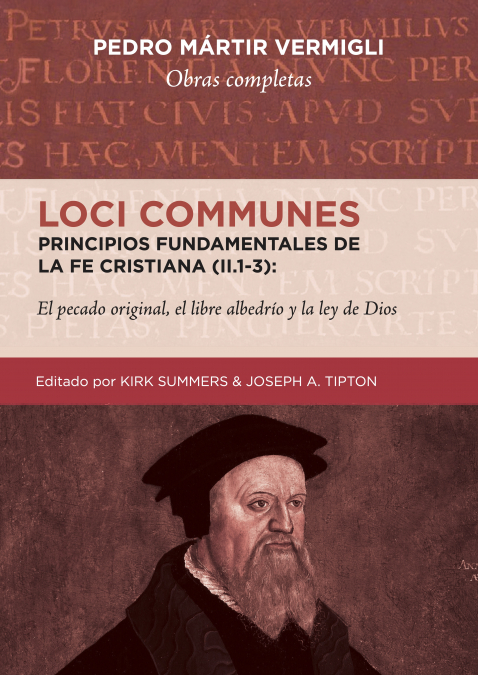
Pedro Mártir Vermigli
REDESCUBRIENDO A UN GIGANTE OLVIDADOPedro Mártir Vermigli es reconocido como uno de los reformadores más destacados del siglo XVI, superado teológicamente solo por Juan Calvino. Pese a su vasta influencia teológica a través de los años, su legado ha permanecido casi inexplorado en español hasta el momento. Presentamos la primera parte de un proyecto apasionante que traduce los Loci Communes, su teología sistemática, por primera vez desde 1583. Este tomo te introduce en un profundo debate sobre el pecado original, la voluntad humana y la ley divina, destacando sus raíces bíblicas y patrísticas. Vermigli no solo respalda la visión agustiniana del pecado y la gracia, sino que también contrapone las perspectivas del teólogo católico semi-pelagiano Albert Pighius, todo con una prosa elegante y erudita.Pedro Mártir Vermigli es, sin duda, uno de los teólogos reformados más importantes del siglo XVI y sus Loci Communes son la joya de su obra colectiva. La conversión de esta obra al español contemporáneo es un valioso aporte para comprender el pensamiento de la Reforma y será enriquecedor tanto para académicos como para pastores.Jordan J. BallorSobre el autor:Pedro Mártir Vermigli (1499-1562) fue un destacado reformador protestante del siglo XVI. Sus ideas reformistas lo forzaron al exilio, llevando su influencia a Suiza e Inglaterra. Autor de la obra teológica 'Loci Communes', jugó un papel clave en la formación de la teología protestante, conocido por su diálogo teológico y defensa de las enseñanzas protestantes, especialmente la interpretación agustiniana de pecado y gracia. Dejó un legado importante en la historia del cristianismo. 10